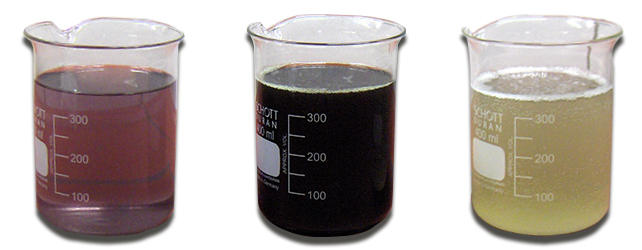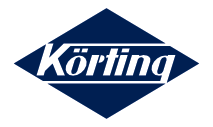Development bank KfW and the German International Collaboration Agency (GIZ) published a study on the effectiveness of caustic recovery plants (CRPs) for SREUP. SREUP is a program initiated by various development banks, the purpose of which is to help improve the competitiveness of the clothing industry (also known as the ready-made garment or RMG sector) in Bangladesh. In addition to economic sustainability, the program focuses on increasing safety precautions and improving environmental performance.
A unique selling point ensures a win-win situation
The study revealed very positive results. It also showed that using Körting machinery can save up to half of the operating costs involved in mercerisation. “Even if our CRP plants don’t boost production directly, using them can cut operating costs significantly,” commented Körting’s project engineer Karl Hesse, who is very pleased with the results and also went on to say that: “Investing in one of our plants has usually paid for itself within the first year at the latest.”
Another USP of CRP plants is that, in addition to saving money, they also protect the environment without any extra expense required. So this is really a win-win situation.
Would you like to find out more?

Further Information
Learn more about Caustic Recovery Plants (CRP).
ENQUIRY QUESTIONNAIRE
Any questions? Just ask us.
Please use our contact form or call us to talk to an expert directly.

